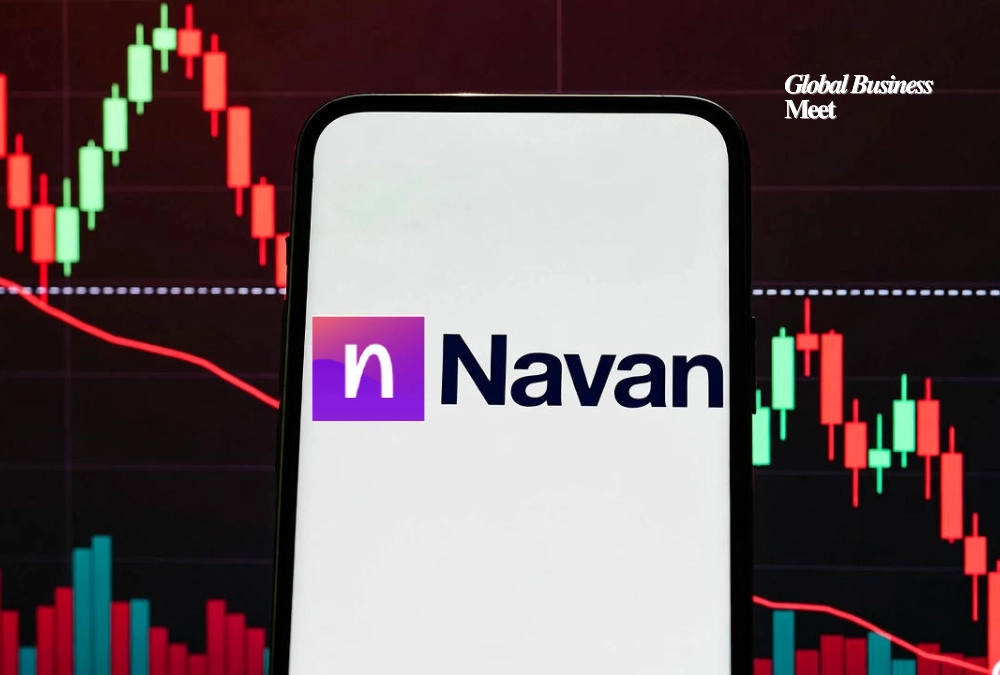
Robinhood is preparing to take a bold step into venture capital investing. The popular trading platform announced on Monday that it has filed paperwork with the U.S. Securities and Exchange Commission (SEC) to create a new fund that would allow everyday investors to put money into high-growth startups.
The proposed vehicle, called “Robinhood Ventures Fund I,” aims to open doors that have historically been closed to retail investors. If approved, the fund would hold shares of privately held companies, giving small investors the chance to profit from startups before they go public.
Making Startup Investing Accessible
For years, early access to startup equity has been the domain of wealthy accredited investors and venture capital firms. These groups often reap the largest gains by getting in at the ground floor, well before an initial public offering (IPO). Robinhood’s pitch is that this dynamic leaves average investors behind. By launching Ventures Fund I, the company hopes to change that by giving retail users a pathway into high-potential sectors.
According to the initial filing, Robinhood expects the fund to target startups in areas like aerospace and defense, artificial intelligence, fintech, robotics, and both consumer and enterprise software. However, the filing remains incomplete. Key details such as how many shares Robinhood intends to sell, the structure of the fund, and management fees are not yet public.
How It Compares to Other Funds
While this kind of fund is unusual, it is not entirely without precedent. Cathie Wood’s ARK Venture Fund, for example, already allows investors to buy into a portfolio that includes shares of buzzy companies such as SpaceX, OpenAI, Databricks, and Anthropic.
Still, Robinhood’s plan is noteworthy because of its brand and customer base. The company has millions of retail traders who already use its app for stock, crypto, and options trading. Opening startup investing to this audience could mark a significant shift in how venture capital exposure is distributed.
Learning From Past Controversy
This is not Robinhood’s first attempt to expand beyond traditional stock trading. Earlier in 2025, the firm launched “tokenized” private stocks in the European Union. These tokens were marketed as a way for retail investors to gain exposure to private companies like OpenAI.
The move quickly drew criticism. OpenAI publicly denounced the product, clarifying that token buyers were not purchasing actual OpenAI stock but rather speculative tokens pegged to an assumed value of the company’s shares. The episode raised questions about transparency and investor protection, issues Robinhood will need to address carefully with this new initiative.
With Ventures Fund I, Robinhood appears to be moving toward a more conventional approach. Unlike the token experiment, this new fund is structured as a closed-end mutual fund, a model that regulators and investors understand well.
What We Know, and Don’t Know
The biggest unknown right now is timing. Robinhood has not shared when Ventures Fund I will launch, how much capital it plans to raise, or which startups will be included. Because the company is in a regulatory quiet period, it has declined to comment further.
For investors, the potential upside is clear: the ability to get into startups before IPOs, a privilege that until now has been largely reserved for the wealthy. However, the risks are also considerable. Startup investments are inherently speculative, illiquid, and volatile. Even professional venture capitalists expect many of their bets to fail.
The Bigger Picture
Robinhood’s move highlights a growing trend toward democratizing access to asset classes once reserved for institutional players. As financial technology continues to evolve, more platforms are seeking ways to bridge the gap between accredited and non-accredited investors.
If Ventures Fund I succeeds, it could set a new precedent for how retail investors participate in the growth of emerging companies. It also raises questions about whether retail traders, many of whom were drawn to Robinhood for easy stock and crypto trading, are prepared for the complexity and risk of venture capital investing.
For now, all eyes are on the SEC’s review. Robinhood’s latest filing suggests it wants to cement its reputation as a pioneer in financial access. But whether it can balance innovation with transparency and investor safety will determine if this fund becomes a game-changer or just another experiment.





































